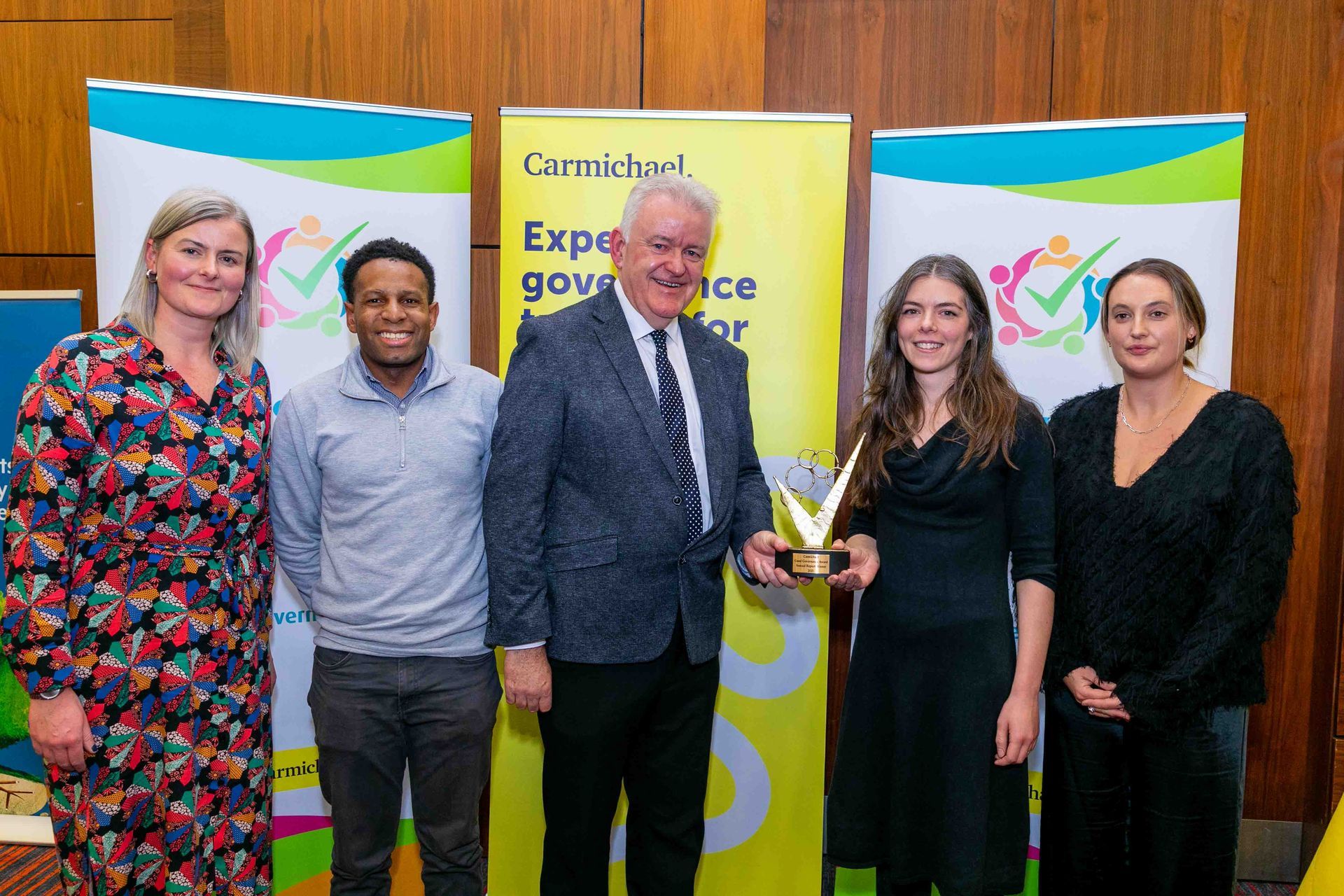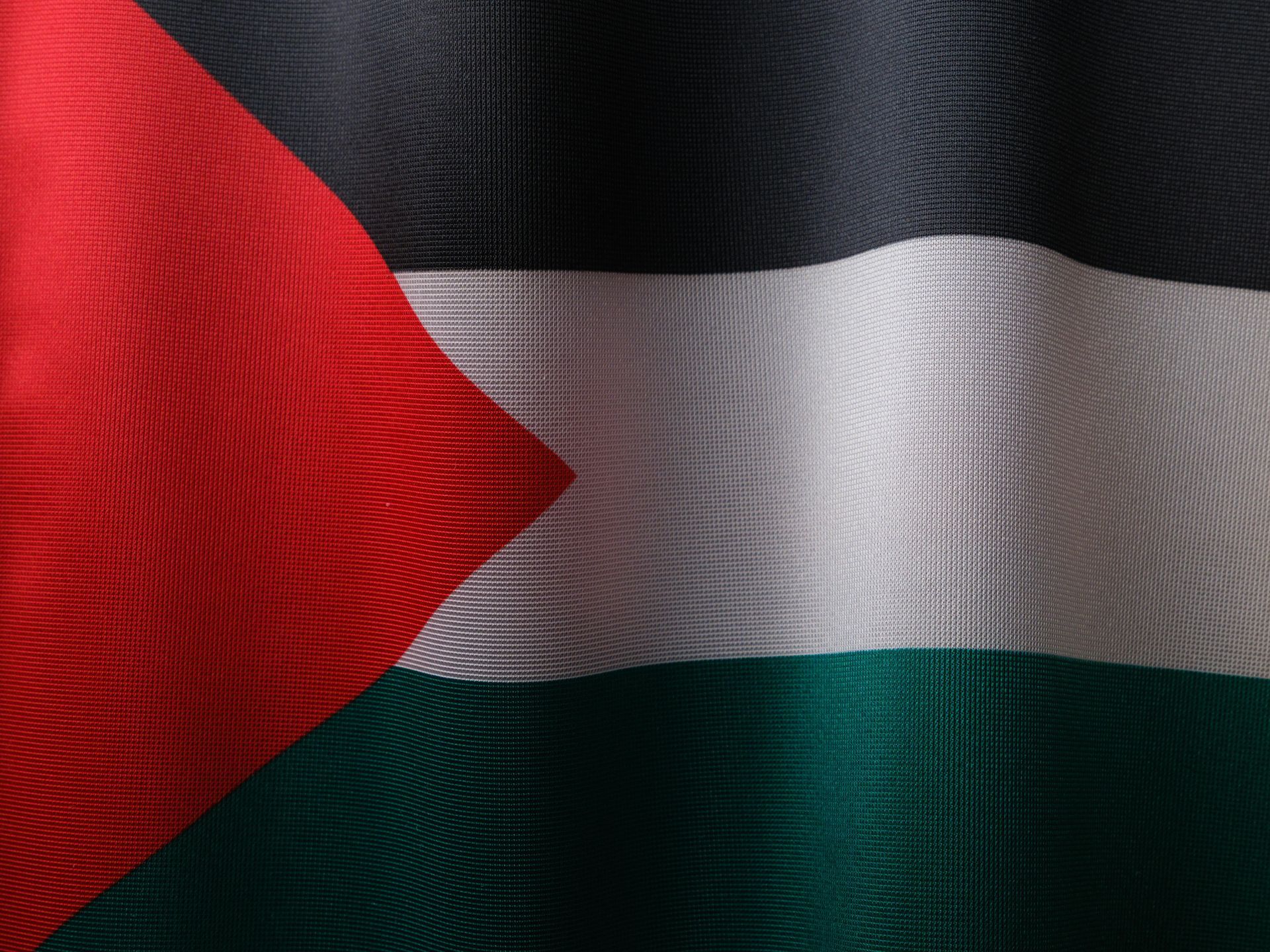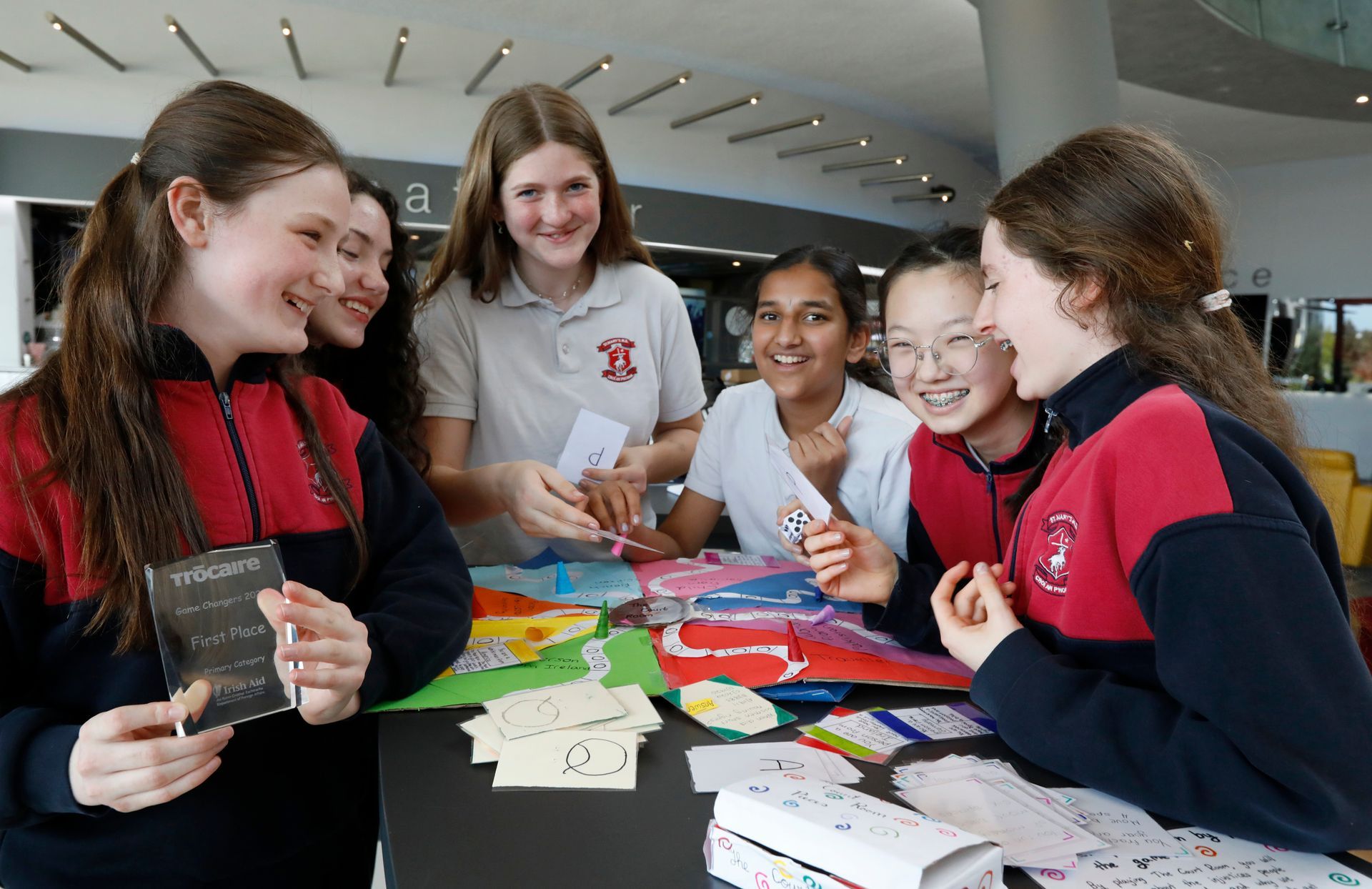News
All News Page

IDEAThe Irish Development Education Association6 Gardiner RowDublin 1D01 Y183
Phone: 01 8788480
© 2025 IDEA Registered in Ireland No. IE435218. Charitable Tax Exemption Number: CHY 16504. Registered Charity Number: 20144517. Privacy Policy Accessibility Statement










